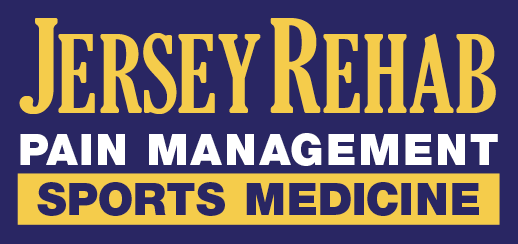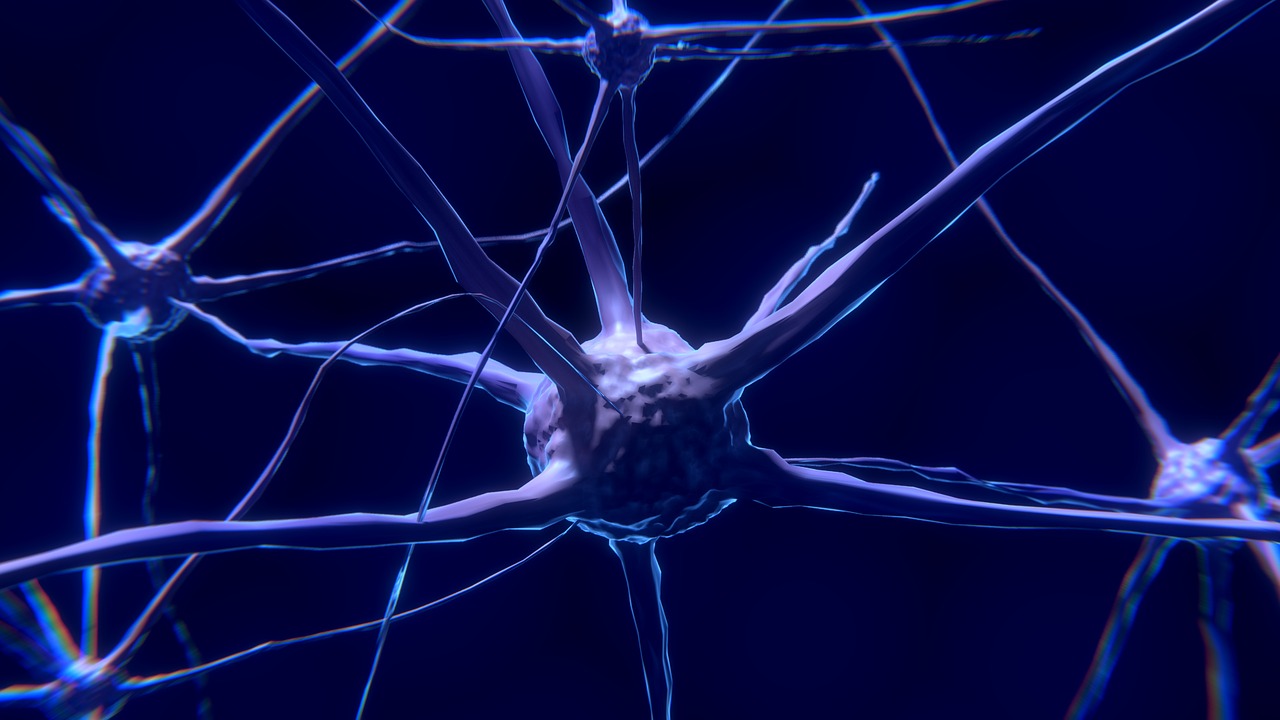Common Symptoms to Look Out for in Nerve Injuries
Your nervous system is a critical part of your body. It regulates breathing, controls muscles and senses hot and cold temperatures. If you suffer a nerve injury, your quality of life can be easily compromised. The three types of nerves in the body are:
- Autonomic nerves. These nerves are responsible for controlling involuntary and partially voluntary activities in the body, such as blood pressure, digestion and heart rate.
- Motor nerves. The motor nerves control your movements by sending information from the brain to the spinal cord and muscles.
- Sensory nerves. The sensory nerves are best known for detecting pain and other sensations. They pass information from the skin to the muscles and back to the brain.
Common Nerve Injury Symptoms
There are more than 100 different types of nerve damage. This damage can be caused by nutritional deficiencies, autoimmune diseases, cancer, diabetes, trauma and infectious disease. The symptoms vary based on the nerve that is damaged, the extent of the damage and what is causing the damage.
Let’s break down the nerve injury symptoms you can expect with each group of nerves.
- Autonomic nerves. Damage to the autonomic nerves occurs when the nerves in the brain or spinal cord are affected. Symptoms may include:
- Too much or too little sweating
- Dry eyes and dry mouth
- Constipation
- Bladder dysfunction
- Inability to sense chest pain
- Motor nerves. Motor nerve damage is often caused from trauma or pressure on the nerve. Car accidents, falls, sports injuries, etc. are the main causes of this type of pain. Symptoms may include:
- Weakness
- Muscle twitching
- Paralysis
- Muscle atrophy
- Sensory nerves. Trauma to the sensory nerves can happen for many reasons, such as infections, exposure to toxins, inherited conditions and traumatic injuries. Symptoms may include:
- Pain
- Sensitivity
- Burning
- Tingling
- Numbness
Advanced Pain Management in NJ
Some injuries get better on their own, while other nerve injuries need supportive treatment in the form of exercise, electrical stimulation, epidural steroid injections, and physical therapy. Even broken nerves can grow back to their muscles over time. Very few nerve injuries require surgery.
If you have suffered a nerve injury, work with a pain management clinic in NJ to get a proper diagnosis and an individualized treatment plan. Jersey Rehab Pain Management offers a wide variety of nerve injury treatments that address pain, numbness and weakness.
Not only do we offer the latest advancements in pain management, but also our doctors support an overall healthy lifestyle that involves exercise, healthy eating and regular sleep. If you have a nerve injury that is causing you pain, schedule an appointment at one of our four locations today.

